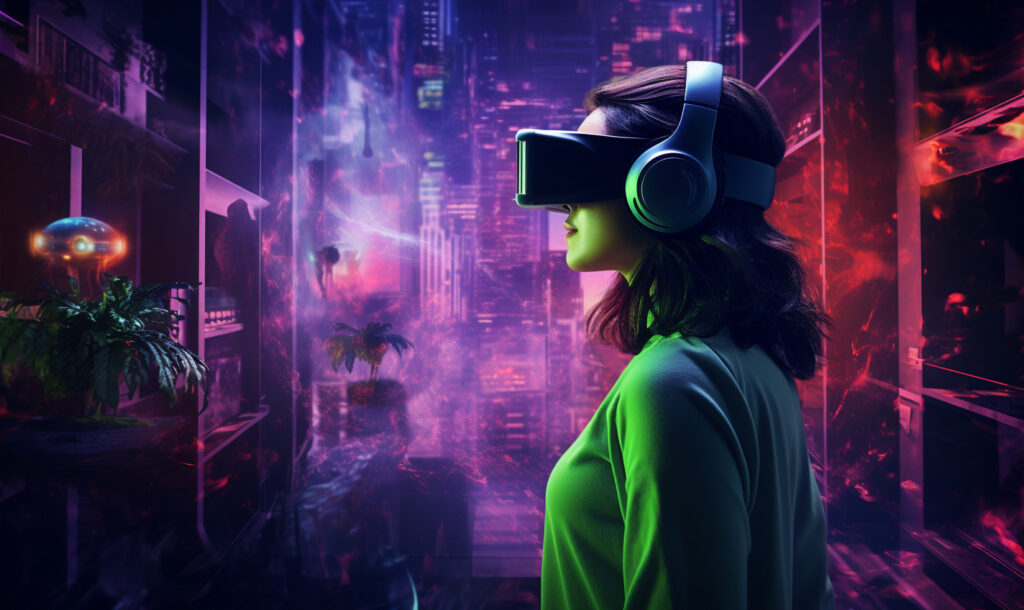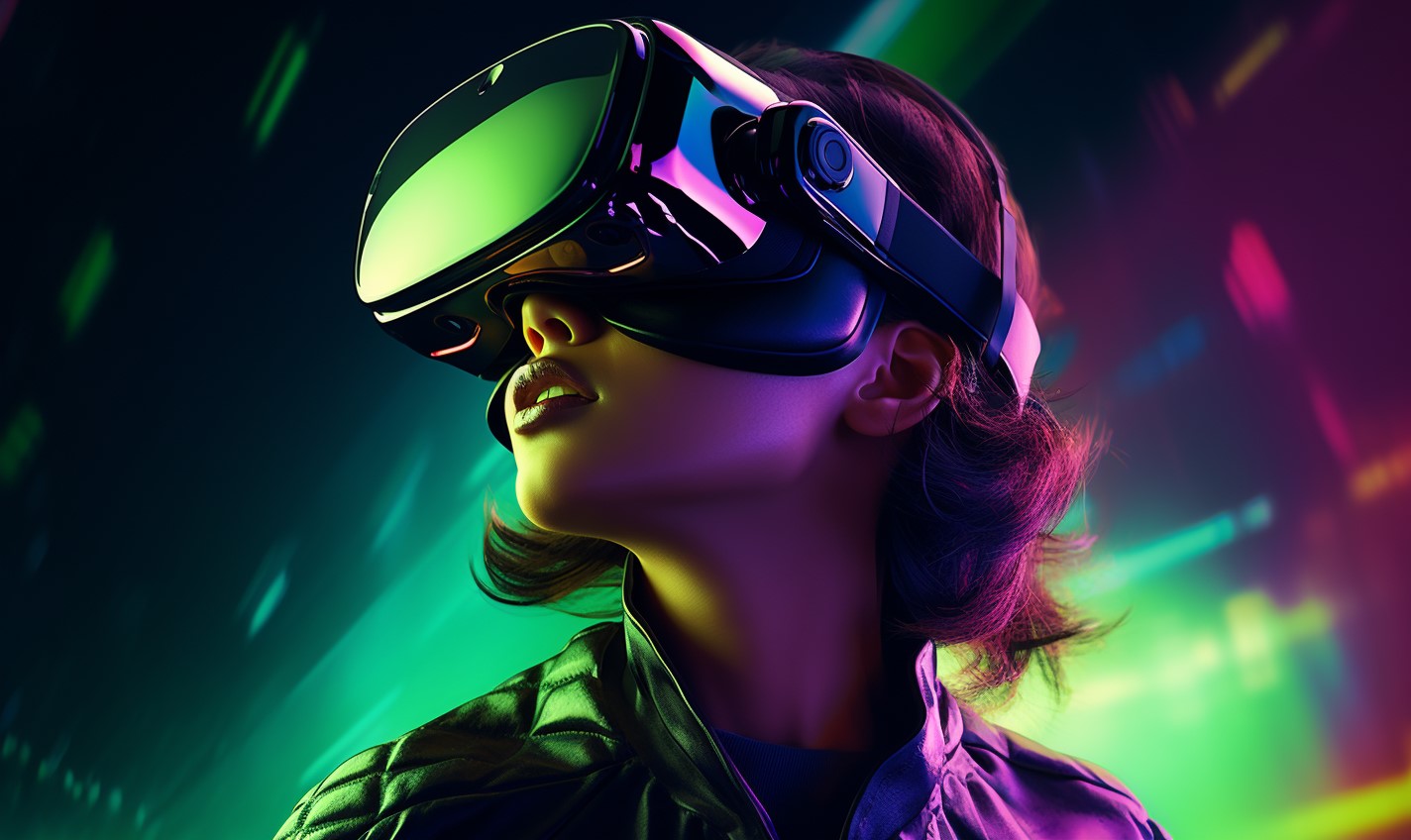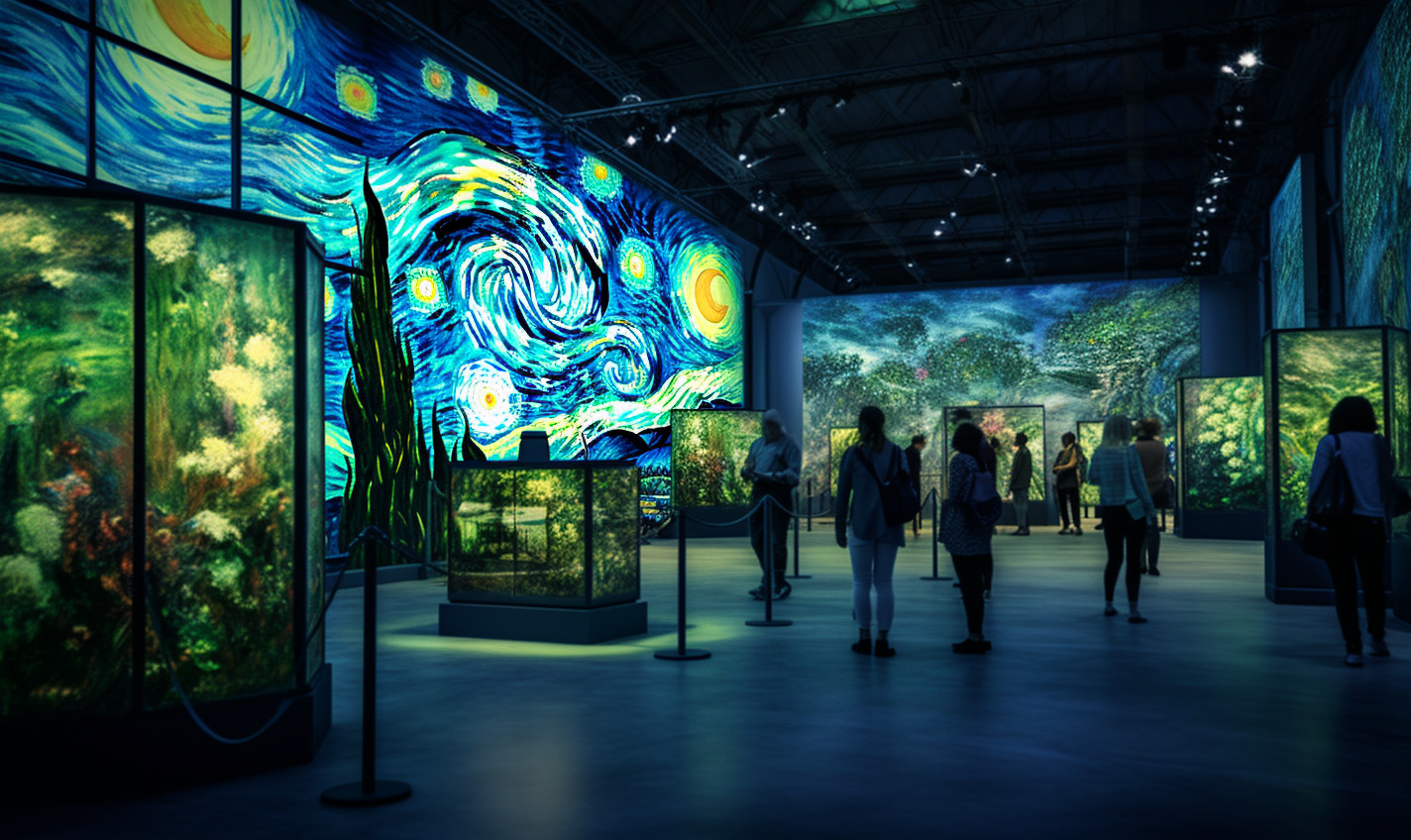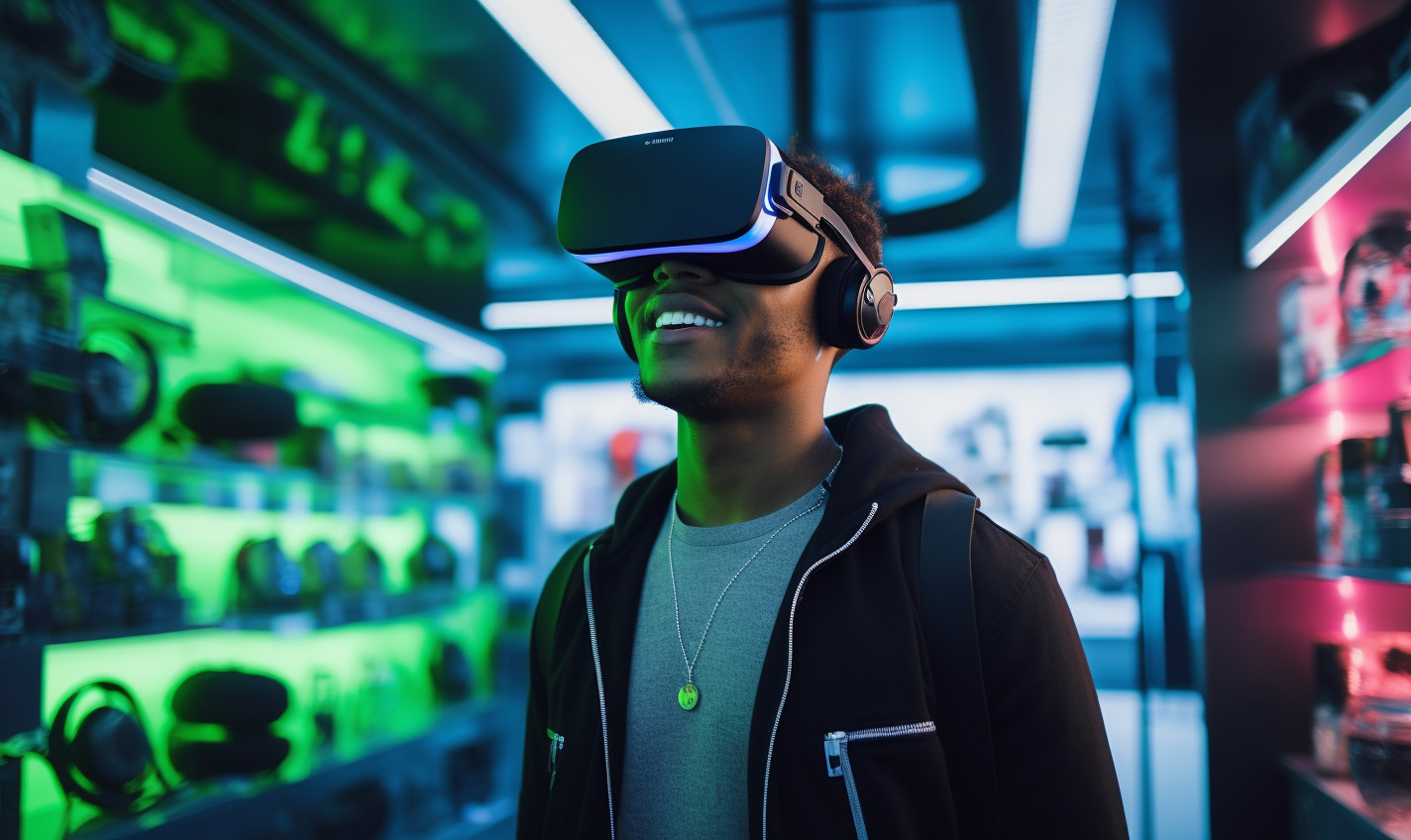You’ve probably heard a lot of buzz about the metaverse. Some people think it’ll change how we work, shop, spend time with our friends and more. But what is the metaverse, exactly, and what can you do there? Keep reading to find out.
What Is the Metaverse?
The term “metaverse” originated longer ago than you might think. Neil Stevenson introduced it in his 1982 novel, “Snow Crash.” In that context, people go into this virtual world to escape a dystopian Los Angeles. But, what is this idea through a modern and real-life lens? It may not be much different.
The definition is still fluid. However, most people see the metaverse as interconnected virtual worlds that visitors can go to for specific purposes, such as to meet new friends or buy things. Pioneering companies are also creating branded worlds within the larger universe. For example, McDonald’s plans to launch a virtual restaurant where people can go to order food that gets delivered to their doorstep.
What Is Meta Doing in the Metaverse?
In October 2021, Meta CEO Mark Zuckerberg publicized his ambitious metaverse vision.
Something he mentioned was Horizon Home, a virtual world where people can spend time with friends, watch videos and go into games and apps together. That destination was initially only called Home. It was the first thing people who own Meta’s Quest virtual reality headsets after strapping on the gear.
Horizon Home is only one of Meta’s several projects. There’s Horizon Worlds, which helps virtual reality developers create new experiences for players. Then, Horizon Workrooms is a beta platform for remote collaboration and working. Finally, Horizon Venues is another Meta platform that gives people a new, virtual way to experience things like sporting events and concerts.
What Is the Metaverse Enabling Elsewhere?
Meta is one of the biggest corporate players trying to capitalize on the metaverse. But, what is the system helping other brands do? Decentraland is another platform that focuses on digital assets and ownership. Perhaps one of its most significant advantages is that it’s a browser-based experience. People don’t need virtual reality equipment to interact with it. There was a recent launch of a metaverse experience in Decentraland based on the CBS comedy “Ghosts.”
Several Unilever brands are also venturing into the metaverse. Some examples of the efforts include a virtual marathon focusing on inclusivity. People could customize their virtual representations with wheelchairs and running blades, for example. Ice cream brand Magnum also hosted an original art exhibition in the metaverse, which included an ice cream vending machine.
In South Korea, members of the professional organization Metaverse Doctors Alliance are working on creating a metaverse health care clinic. There, the preferred currency for payment is a crypto token.
Chinese company Baidu recently held a virtual conference in the metaverse that featured virtual hosts. People could customize a host’s hair, makeup, clothing and more. In India, Zee Entertainment Enterprises onboarded more than 100 new hires in the metaverse.
Even these early examples show the diverse possibilities. It’s too early to say if these virtual worlds will be as game-changing as television sets and websites were to modern culture, but the future looks exciting.
Why Do Some People Have Concerns?
Not all conversations about the metaverse are positive. People have good reasons to raise doubts. Reports have already emerged of individuals getting groped in the metaverse.
Individuals are also raising questions about privacy. Advertising will likely play a significant role in making it profitable, but will people have a say over what companies do with their data while or after they’re inside?
Another problem is that the metaverse could broaden the already-vast digital divide. As many people shifted to online learning and working during the COVID-19 pandemic, those without reliable internet access and equipment faced tremendous disadvantages compared to those well-equipped to go online. What if workplaces and schools eventually make it so people cannot earn income or learn vital skills unless they have the necessary tech resources?
The system could make parental supervision more complicated, too. Today’s parents can set phone, internet and TV controls and see what their kids are doing with technology fairly easily. But many experiences require virtual reality headsets and get people fully immersed. Those characteristics could make it impossible for parents to monitor what youngsters get up to in the metaverse.
Are You Ready to Visit Virtual Worlds?
The metaverse is nowhere near its peak potential, but it’s good to know what it is and what some companies have done so far. Having that knowledge will help you feel more confident about deciding when and if you’ll wander into the metaverse someday soon.
Recent Stories
Follow Us On
Get the latest tech stories and news in seconds!
Sign up for our newsletter below to receive updates about technology trends














